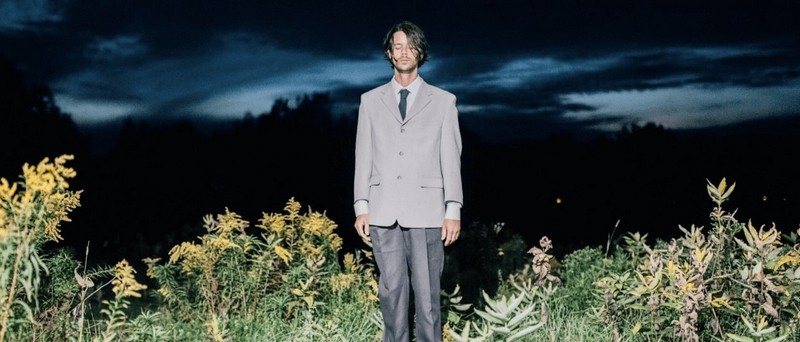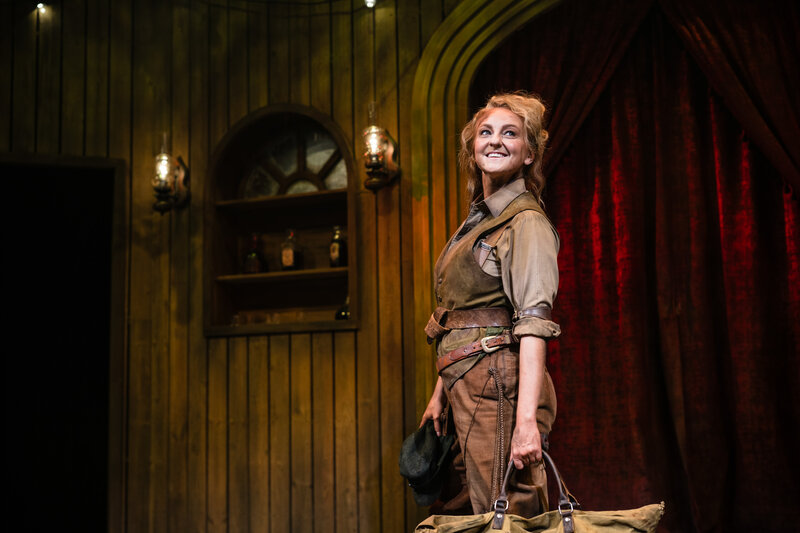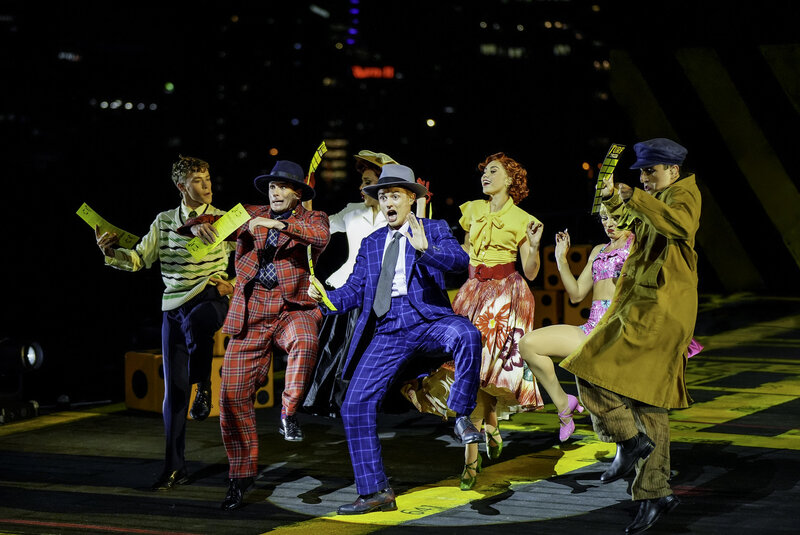Our selection of the best new music across a range of genres from the week ending 18 December 2020.
Gaspard Eden’s debut album, Soft Power, travels the backdrop of the psyche. Considering music to be the product of intuition, the self-taught Canadian singer-songwriter plays within his own subconscious, re-appropriating and transforming past experiences in an audible catharsis. With his signature multi-instrumental arrangements and ethereal vocal harmonies, Eden conveys a sound that feels like the oddly conscious floating that occurs when one awakes but is still dreaming. Full of coded images, Eden’s introspective songwriting relies on simple words to illustrate states of being that transcend language. His voice, ranging from clear to intimate to textured, floats over skillful music.
For Dimensional Stardust, his new album with Exploding Star Orchestra, Rob Mazurek arranged his pieces for eleven musicians, including Jeff Parker, and commissioned his long-time lyrics collaborator Damon Locks to draft original texts for the songs. The album recalls an array of Mazurek’s symphonic influences, from Béla Bartók to Morton Feldman to Gil Evans to Sun Ra and more. Opting to focus on tight ensemble orchestration over passages of open improvisation, he distills an orchestra of explosive improvisers into a graceful group exercise in melodic minimalism.
Neeme Järvi returns to the Royal Scottish National Orchestra for a dazzling album of suites from the ballets Sylvia, La Source, and Coppélia by Delibes. Born into a musical family, Delibes enrolled at the Paris Conservatoire aged twelve, studying under several professors including Adolphe Adam. He spent the 1850s and early 1860s composing light operettas and working as a church organist, before achieving public recognition for his music for the ballet La Source in 1866. His later ballets Coppélia and Sylvia were key works in the development of modern ballet, giving the music much greater importance than was previously the case. Typical of the period, the plots for these ballets are obscure, convoluted, and complex, but it’s certainly Delibes’ talent for lyrical melody and musical expression of a mood or feeling that elevates all three of these scores above their contemporaries – indeed Coppélia went on to become the most frequently performed ballet at the Paris Opéra. Delibes was at the forefront of creating orchestral suites from his ballet music (much to the envy of Tchaikovsky, among others), and thus were indeed envisaged to be performed without staging or dancers. On this album Neeme Järvi adds several additional movements to expand upon the suites which appeared in Delibes’ lifetime.
Fuelled by a passion for social justice, folklore, and feminism, Kim Edgar crafts keenly observed details of people’s lives into powerful, understated songs that reach out and touch listeners. The Scottish musician’s fourth solo album, Held, is out now.
Milan Records has released Ma Rainey’s Black Bottom (Music from the Netflix Film), an album of music from Netflix’s newest original film about “Mother of the Blues” Ma Rainey. The album features score music by critically-acclaimed saxophonist, instrumentalist, composer, bandleader and educator Branford Marsalis, as well as newly-recorded covers of both popular Ma Rainey tracks and blues and jazz standards from the era. The multi-Grammy Award® winner brings over four decades of experience across stylistic boundaries to the project, imbuing the film with an authentic 1920s Chicago soundscape. Directed by George C. Wolfe and starring Viola Davis and Chadwick Boseman, Ma Rainey’s Black Bottom is available to watch on Netflix now.
Self Help is the new release from Badge Époque Ensemble. This is an exploratory record that dances across time and genre, guided by fidgety miniatures and jazz inflected collage. While constructed from the inspiration of soul, funk and film music, BÉE mediate those influences having first digested them through the productions of Madlib & the RZA. Throughout, the band pool together their instrumental chops, moving from fluid and serpentine R&B to meditative, minimalistic piano, evoking a contrast of virtuosity and self-surrender.
Other reviews you might enjoy:
- New music round-up
- New music round-up (for w/e 29 April 2022)
- New music round-up (for w/e 14 January 2022)

David Edwards is the former editor of The Blurb and a contributor on film and television





